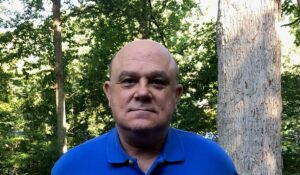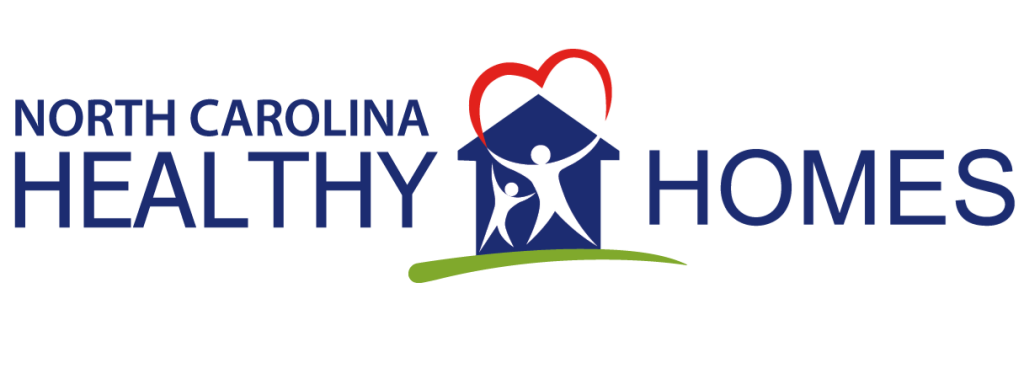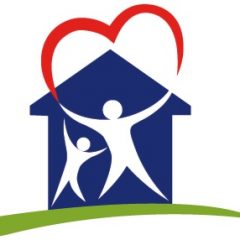By Mitierra Johnson, Environmental Health Research Assistant

David Lipton is an Industrial Hygiene Consultant for the North Carolina Department of Health and Human Services (NC DHHS). In this role, David takes calls from the public, local health departments, and other organizations about indoor environmental quality and assists with landlord-tenant claims. He also facilitates the quarterly Centralized Intern Training for Environmental Health specialists on Indoor Environmental Quality.
During the Covid-19 pandemic, David has done a lot of work on ventilation issues, antimicrobial pesticides, and antimicrobial pesticide devices like ultraviolet lights to disinfect surfaces.
Furthermore, he advises the Public Health Preparedness and Response Branch in the Division of Public Health Epidemiology Branch on environmental releases and workplace safety investigations.
David is also the subject matter expert for the Communicable Disease Branch on technical matters related to premises plumbing systems to investigate, prevent, and control legionnaires disease and other waterborne pathogens.
In 2009, David participated in one of the first three-day courses from the National Center for Healthy Homes called the Principles of Healthy Homes.
He says, “participating in this training increased my understanding of buildings as technological and social systems systems and shaped the way I communicate to people about indoor environmental quality.”
David is the subject matter expert for all things related to indoor environmental quality. He knows how ventilation systems work, and he has extensive knowledge on how moisture moves in and out of buildings and how other chemical hazards in buildings may affect indoor air quality. He is also well versed in landlord-tenant laws.
He is most excited that there is always an opportunity to learn in his field, and he especially enjoys learning about the history of environmental issues and having the opportunity to help people. He sometimes gets feedback from clients, and several have told him that following his advice, they were able to successfully sue landlords in small claims court to recover security deposits and partial rent recoupment.
David earned his Bachelor of Science degrees in Chemistry and Biology from the University of North Carolina at Chapel Hill, and a Master of Science degree in Industrial Hygiene and Safety from the University of Washington’s School of Public Health.
Before he came to the state health department, he worked as a Health Compliance Officer for 8 years North Carolina Department of Labor, Occupational Safety and Health Division. He has been a Certified Industrial Hygienist since 1990 and has been working with the Division of Public Health (DPH) since 1994. He started in occupational health and silicosis surveillance program, known as the Dusty Trades.
On the job, one of the biggest challenges for David is being in the middle of landlord-tenant disputes. He also mentions that it is hard to get people to think about environmental issues in a rationalized way.
David became interested in environmental health as a child, both of his parents were physicians, and the complexity of health issues was always a discussion in his home.
However, the event that started his work in indoor environmental quality was Hurricane Fran in 1996. At this time there was a huge demand for evidence based, realistic and achievable ways to restore flooded homes. Coincidentally, the Dusty Trades Program was being defunded, and eventually eliminated in 2001.
David became involved with the NC Lead and Healthy Homes Task Force after connecting with Neasha Graves in the UNC Institute for the Environment during the Asthma Alliance of NC meetings nearly 20 years ago.
In his leisure time, he loves to read about history, science, and technology. He occasionally likes to cook, and he loves his garden that contains more than 200 azalea bushes, many more than 30 years old.

